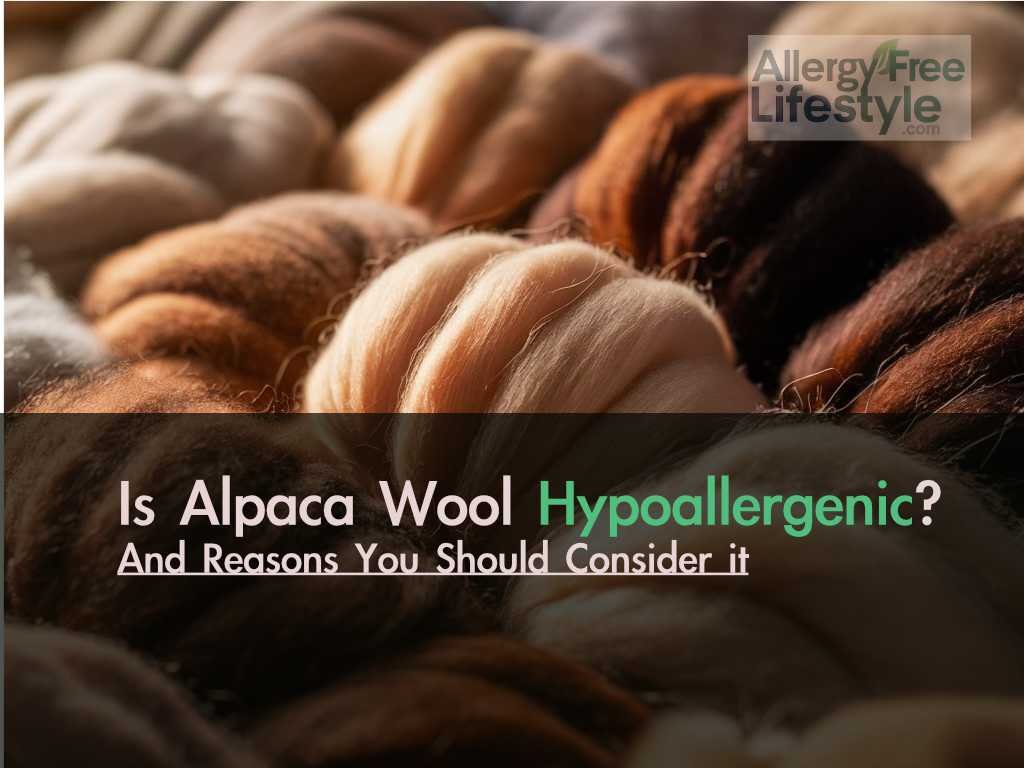Cavapoos, a hybrid of the Cavalier King Charles Spaniel and the Poodle, have gained immense popularity for their generous nature and appealing looks. This article aims to explore their hypoallergenic properties to determine their suitability for allergy sufferers. Understanding whether Cavapoos are a viable option for those with allergies is crucial for potential pet owners.
Hypoallergenic Qualities

Definition of Hypoallergenic: Typically, “hypoallergenic” refers to dogs less likely to trigger allergic reactions. Although no dog breed is entirely hypoallergenic, some, like the Cavapoo, are thought to be more suitable for allergy sufferers due to their specific breed characteristics.
Breed’s Coat Characteristics: Cavapoos often inherit the Poodle’s curly or wavy coat, which sheds less frequently than the straight coats of many other breeds. This trait is pivotal in reducing the presence of dander and other airborne allergens commonly released by dogs.
Allergy Considerations: Despite their reputation, Cavapoos can still produce allergens through dander, saliva, and urine. Their hypoallergenic status largely depends on the specific traits they inherit from their Poodle ancestry.
Shedding and Allergens
Shedding Level: Described as low-shedding dogs, Cavapoos typically lose hair less than many other breeds, which can be beneficial for reducing household allergens.
Impact on Allergies: Cavapoos’ minimal shedding generally results in fewer allergens at home. However, maintaining a clean environment and frequent grooming are essential to limit any potential allergen accumulation.
Suitability for Allergy Sufferers
Individual Variability: Allergy reactions can vary widely from one person to another. Prospective owners should have direct interactions with a Cavapoo to understand their personal allergen sensitivity better.
Practical Tips: Engage with various Cavapoos in different settings, such as the breeder’s location, homes with pets, or pet-friendly stores, to test for allergic reactions before committing to ownership.
Breed-Specific Information
Physical Characteristics: The Cavapoo’s coat is typically thick and can range from curly to wavy. It requires regular grooming to prevent matting and minimize allergens.
Behavioral Traits: Cavapoos are known for their friendly and sociable demeanor. They thrive on interaction and are active, requiring both physical and mental stimulation to stay healthy and content.
Economic Considerations
Cost Implications: Cavapoos are in high demand, which can significantly drive their price. Initial costs aside, prospective owners should also budget for regular grooming and potential allergy management expenses.
Lifespan and Health
Average Lifespan: The typical lifespan of a Cavapoo ranges from 12 to 15 years, contingent upon their overall health and care.
Common Health Issues: Like all breeds, Cavapoos are susceptible to genetic health problems, including those prevalent in both Cavalier King Charles Spaniels and Poodles, such as hip dysplasia and congenital heart issues. Awareness and proactive management of these conditions are vital.
Managing a Hypoallergenic Pet
Grooming Needs: Regular grooming is crucial for keeping Cavapoos hypoallergenic. This includes frequent brushing and baths to reduce dander buildup and other allergens.
Diet and Health: Feeding them high-quality dog food that promotes coat health can also help manage shedding and reduce potential allergens. Incorporating Omega-3 fatty acids is particularly beneficial for maintaining skin and coat health.
Environmental Management: Using air purifiers and maintaining a clean home are essential steps in minimizing exposure to allergens. Regular washing of pet bedding and any fabric the dog frequently contacts can also reduce allergens.
Implementing a Hypoallergenic Lifestyle
Creating an Allergen-Reduced Environment: Alongside regular grooming, maintaining an environment conducive to low allergen levels can vastly improve living conditions for allergy sufferers. This involves regular cleaning of floors and furniture, using allergen-resistant bedding, and keeping the pet’s sleeping area separate from allergy-sensitive family members.
Allergy Mitigation Practices: For households with sensitive individuals, implementing a strict hand washing regimen after pet interactions and using saline nasal rinses can help reduce symptoms. To manage contact-related allergy symptoms, allergen barrier creams or antihistamines can be used as directed by healthcare providers.
Pet Interaction Guidelines: While Cavapoos are affectionate, limiting the areas they can access—especially bedrooms—can help contain allergens. Setting boundaries within the home can be an effective strategy for managing exposure.
Pros and Cons of Owning a Cavapoo for Allergy Sufferers
Pros:
- Low Shedding: Cavapoos typically shed less than other breeds, which can reduce household allergens.
- Affectionate Companions: Their friendly and sociable nature makes them excellent companions.
- Adaptability: They are adaptable to various living situations and are generally good with children and other pets.
Cons:
- Potential for Allergens: While low, there is still a potential for allergens that can affect sensitive individuals.
- Grooming Requirements: Requires regular and sometimes costly grooming to maintain hypoallergenic properties.
- Health Concerns: Prone to certain genetic health issues that could impact long-term care costs.
Detailed Case Studies
Example 1: Managing Mild Allergies with a Cavapoo
- Scenario: A family with mild dog allergies adopts a Cavapoo and implements a structured grooming and house cleaning routine to manage allergens.
- Outcome: The family experiences minimal allergy symptoms and enjoys a fulfilling relationship with their pet.
Example 2: Challenges in a Highly Allergic Household
- Scenario: A highly allergic individual adopts a Cavapoo, assuming the hypoallergenic traits will suffice.
- Outcome: Despite precautions, the individual’s allergies are exacerbated, leading to the need for additional medical interventions and ultimately rehoming the pet.
Conclusion
Cavapoos can be a good choice for individuals with mild to moderate allergies, primarily due to their low-shedding coat inherited from their Poodle lineage. However, the term “hypoallergenic” is not absolute, and the breed’s hypoallergenic properties can vary widely. It is crucial for potential Cavapoo owners to realistically assess their allergy severity, engage in thorough preparation and testing, and consult with allergists and veterinarians. By understanding and mitigating the risks, allergy sufferers can enjoy the companionship of a Cavapoo while managing their health.
Cavapoos, with their charismatic allure and compatible traits, often make loving and low-allergen pets. Nonetheless, a committed approach to grooming and household management is essential for harmonizing the needs of allergic individuals with the joys of pet ownership. Making an informed decision will ensure the pet and the owners lead comfortable and happy lives together.
FAQs
Q1: How often should a Cavapoo be groomed to maintain its hypoallergenic condition?
A1: Regular grooming, ideally weekly brushing and monthly baths, is recommended to keep the coat in optimal condition and minimize allergens.
Q2: Are there specific tests to determine allergic reactions to Cavapoos?
A2: Allergy sufferers can undergo pet dander allergy testing and spend time with Cavapoos to assess their reaction before making a commitment.
Q3: What are the best practicesfor reducing Cavapoo allergens in the home?
A3: Utilize HEPA air filters, vacuum regularly with a HEPA vacuum, wash pet bedding and toys frequently, and keep the dog’s living areas clean. Grooming the pet outside the home can also help reduce the spread of dander indoors.
Q4: Can adjusting a Cavapoo’s diet help with allergies?
A4: Yes, feeding Cavapoos a balanced diet rich in Omega-3 fatty acids and vitamins can support skin health and reduce shedding. Consult a veterinarian for diet recommendations tailored to your pet’s specific needs.


